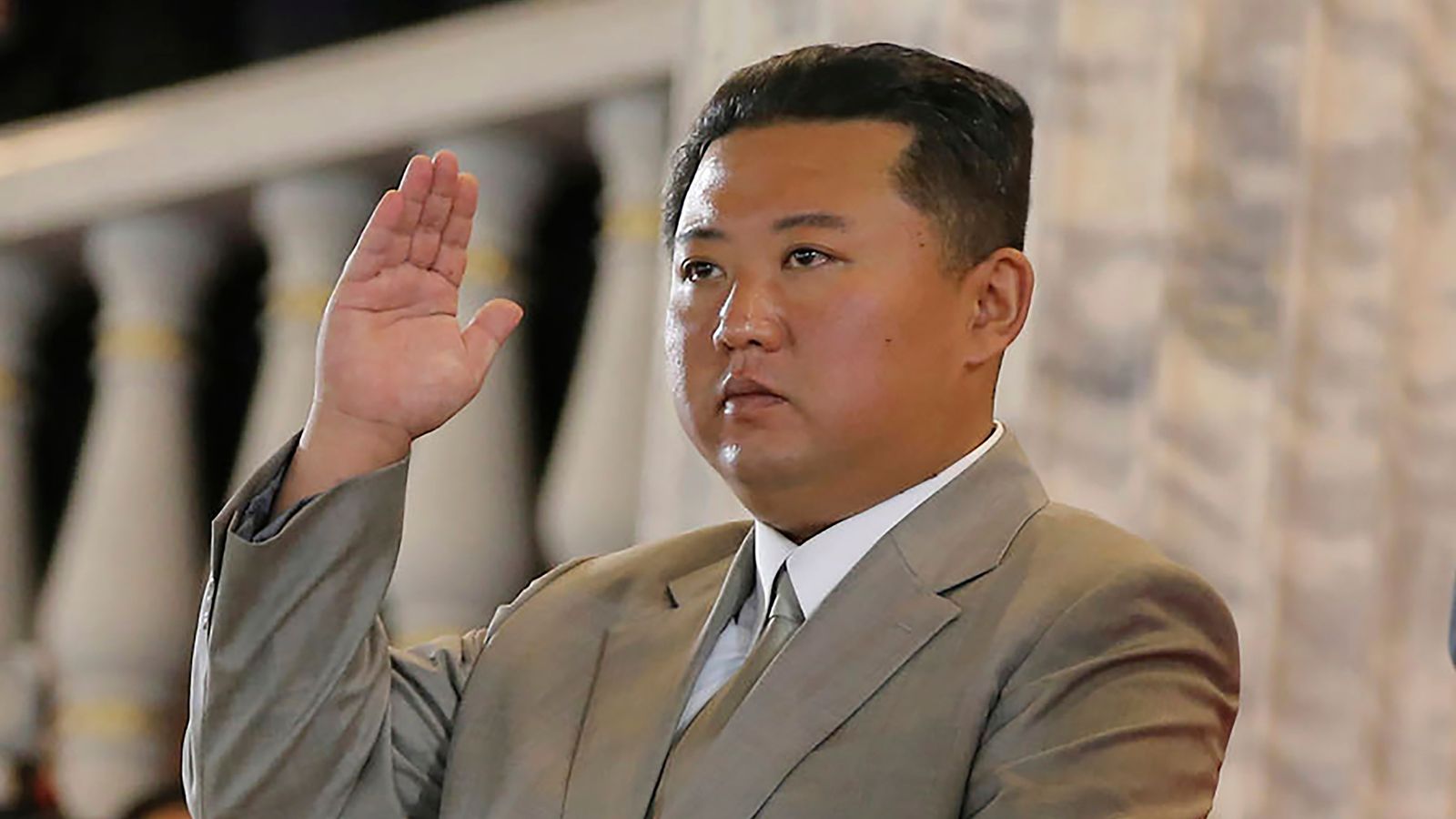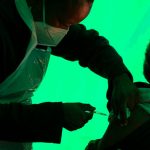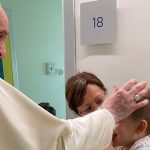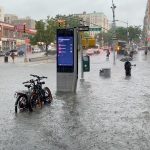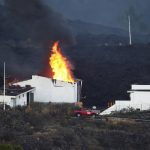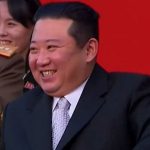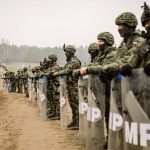Coronavirus medical supplies have been sent to North Korea by the World Health Organisation (WHO).
In its weekly monitoring report, the WHO said it has started shipping essential COVID-19 medical supplies through the Chinese port of Dalian for “strategic stockpiling and further dispatch” to North Korea.
The move is a possible sign that North Korea is easing one of the strictest pandemic border closures in order to receive outside help.
North Korea describes its anti-virus campaign as a matter of “national existence” and it has severely restricted cross-border traffic and trade since last year, despite the strain on its already crippled economy.
Edwin Salvador, WHO’s representative to North Korea, said that some items, including emergency health kits and medicine, have reached the port of Nampo after North Korean authorities allowed the WHO and other United Nations (UN) agencies to send supplies that had been stuck in Dalian.
In August, human rights investigators from the UN asked Pyongyang’s government to clarify allegations that it ordered troops to shoot any trespassers who crossed its borders in violation of its border closures.
North Korea is yet to report a single case of COVID-19, but outside the country experts widely doubt it has manged to escape the highly transmissible illness that has swept across the globe.
Long COVID: More than one million people report ongoing coronavirus symptoms, ONS data shows
COVID-19: Unvaccinated woman ‘denied kidney transplant in US’
COVID-19: Travel advice lifted for 32 destinations – and travel insurance will cover them again
Officials told the WHO it has tested 40,700 people for coronavirus through 23 September and that all the tests were negative.
According to experts, an epidemic in North Korea could be devastating, considering its poor healthcare system and lack of medical supplies.
And despite implementing severe border controls, North Korea hasn’t shown the same urgency for vaccines.
UNICEF, which delivers vaccines on behalf of the COVAX distribution program, said last month that North Korea proposed its allocation of about three million Sinovac jabs should be sent to severely affected countries instead.
